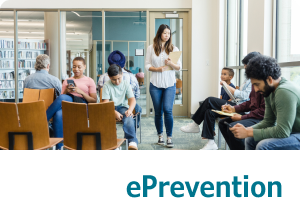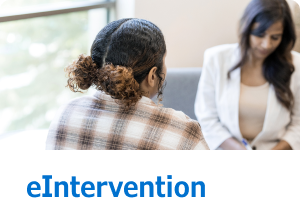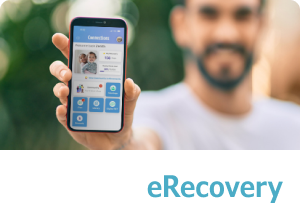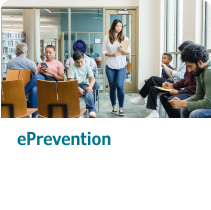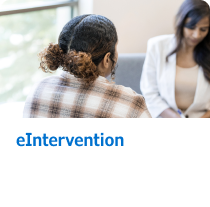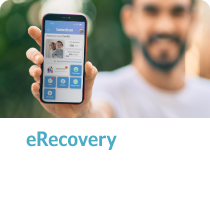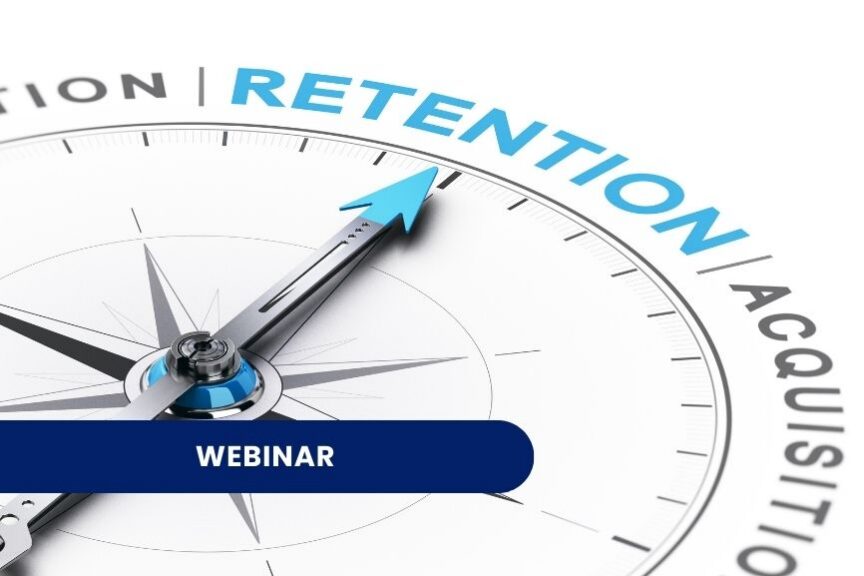Amplify Your Impact
CHESS Health is the leading provider of evidence-based digital health solutions that empower providers, health plans, and public sector organizations to tackle the substance use disorder (SUD) crisis by enhancing prevention, facilitating care coordination, and improving care plan adherence and treatment retention.
Enabling our partners to reduce the personal and societal crisis of substance use disorder.
Government, Public Sector & Tribal
Learn how we support public sector partners, including State Departments of Health and Behavioral Health, County, Tribal and Local Governments, as well as Drug courts and correctional facilities.
Behavioral Health Providers
Learn how we support healthcare providers, including SUD providers, detox facilities, mental health providers, hospitals and EDs, clinics, FQHCs, and CCBHCs.
Payers and Health Plans
Learn how we support payers, such as managed care organizations, Medicaid plans, commercial insurance, and other industry constituents.
Latest From CHESS Health
The Loneliness Epidemic: Why Human Connection Can’t Be Automated Away
Loneliness has become one of the defining public health crises of our time. According to the World Health Organization’s Commission on Social Connection, approximately 1 in 6 people worldwide experienced loneliness between 2014 and 2023, with rates significantly higher among adolescents and young adults. The U.S. Surgeon General issued a major advisory in 2023 sounding the alarm, not just about…
